January is “Get Organized Month”, an official holiday designated many years ago by the professional organizing industry. It makes total sense because January is the time when we have this urge to take control of our spaces, our schedules, our habits, so that we can achieve whatever other goals we have set for the year.
Happy New Year! Welcome to 2024. I hope you had a chance to relax and recharge even a little bit over the holidays and that you've entered the new year with a renewed sense of energy and enthusiasm and hope.
Ahhh, the holidays. While we fantasize about this season as a warm and rejuvenating time -- the truth is the end of year can be overwhelmingly busy and so packed with pressure that we aren’t able to enjoy ourselves.
With visions of sugar plums dancing in our heads (thanks to the lights and music pumping through stores and holiday fairs, and everyone’s social media posts), we can caught up in trying to live up to the hallmark vision of the holiday season. We can get so stressed over buying the perfect presents, being the perfect host, and cooking the perfect meal that we can’t wait for the holidays to be over.
Last Friday, I ended up working much later than I’d planned—and it took its toll on me. At 5:30pm, I was wrapping up my week at the office and looking forward to dinner plans with a friend who was in town. Unfortunately, at the last minute, my friend texted me that she wasn’t feeling well, and needed to cancel our dinner.
Ahh, work-life balance — we all crave it, yet it seems so incredibly difficult to achieve. With a constantly changing workplace, it’s easy to say “It’s impossible….my job is just too demanding.” Add to that the extra chores related to the holiday season while simultaneously juggling end-of-year projects and reporting, and it can especially become an uphill battle.
As we step into this season of gratitude and togetherness, it's understandable if your heart feels heavy given the devastating wars and widespread suffering across the globe. Celebrating abundance and blessings may feel challenging against the backdrop of so much loss, trauma, and destruction experienced by others. Yet, we need ways to fortify our strength, resilience and compassion during difficult times.
Years ago, before the digital revolution, workplaces had a “Keeper of the Files”—let's call her Mable. Mable was like a human version of the cloud, storing and retrieving information quickly and accurately. She would create order in the chaos of paperwork and file folders. But as we continue moving towards paperless offices and the vast internet of everything while still managing printouts, mail, and other physical documents, everyone has to become their own Mable. However, this is no small feat because not everyone is a natural organizer.
I’m often asked, “What do I mean, never check email in the morning? At all?” I’m not against this powerful communication tool, but it’s also highly addictive. Research shows people now spend an average of 19 hours a day on screens. Can you just imagine all the things you could check off your to-do list by cutting down your email time?
The busier our lives get, the harder it can be to find time for fun and hobbies. Of the four kinds of renewal, I describe in my S.E.L.F. Formula, the F /stands for” fun.” We need fun in our lives. It recharges us in a way that nothing else does, just like exercise releases endorphins, fun releases feel-good hormones that fuel our happiness and well-being. It nurtures our souls and energizes us in a way that helps us navigate life’s challenges more easily. Hobbies even make us better at our jobs, according to research published in Harvard Business Review, providing stress reduction, higher energy, and increased levels of creativity.
We've all been there – falling off the exercise wagon and trying to find the motivation to jump back on. When we struggle with jump-starting our exercise routines, we beat ourselves up and experience feelings of disappointment, judgment, and failure, all of which do nothing actually to help solve the problem. So how can we kick-start our exercise routine when we've veered off course?
So you finally made it to bed. You’ve done your bedtime routine and turned off all the lights. You’re exhausted, fully prepared for sleep, but your mind won’t stop racing — overwhelmed with thoughts, feelings, and to-dos. The longer it takes you to fall asleep, the more anxious and stressed out you become, which, in turn, makes it even harder for you to drift off to sleep. Once your head hits the pillow, how do you actually relax into a peaceful slumber so that you receive the full benefit of a restful night?
Check out this week’s blog for a few ways to clear your head and surrender yourself to the pleasures of sleep.
Summer is here, and for many, that means vacation season. Whether you stay local or travel someplace new and exciting, changing your routine and scenery provides a wonderful opportunity to refresh and reset your body, mind, and spirit.
Our hobbies, passions, and the things we do for pure relaxation fuel and restore us physically, emotionally, and even spiritually in the most efficient way imaginable. Renewal activities provide care and nurturance for our souls — providing us with the energy we need to get through everything work and life throws at us. Yet, even though we know that and crave time for renewal, it can be very hard to make it happen.
Happy Summer! I hope that wherever you are, you are enjoying the shift in rhythm that comes with longer days of sunlight, warm weather activities, opportunities to get together with friends, outdoor concerts and festivals, and the ability to connect to nature by just being outside.
To that end, we are kicking off a series called Self-Care Summer. From now until Labor Day, we’ll be sharing Blogs with concrete ways to re-fuel our bodies, minds, and souls.
Are you getting less done in a day than you used to? Do the days when you could speed through your to-do list, checking off one task after another, seem like a distant dream? I’ve lost count of the number of clients over the past few months who have told me that they used to be able to put fourteen things on their to-do list and knock them all out. Now, they put fourteen things on their list, but they're lucky if they get through eight of them. They end up feeling frustrated, disappointed, and like they're failing themselves.
Let’s talk about the global challenge of back-to-back meetings. In many (dare I say most) companies, back-to-back meetings have become part of the time culture. The last three years of remote work have exacerbated the problem exponentially. How does anyone get any work done? What is the impact on productivity?
We all have the best intentions to contain our work to the workday and create clear boundaries between our work and personal lives. But what happens when you truly must get back online to work in the evening after dinner, social or family time to keep on top of your workload? I hear it often from clients. It’s a common struggle to have more to do than fits in a workday.
What I like about the 4 D’s is they challenge our automatic thinking about how to approach any task. And it’s often helpful to have someone apply the 4 D’s with us, because we often don’t have enough objectivity to see new ways of doing things on our own.
Whether it’s paper or digital, there are a few principles I recommend to structure your to-do's so your list becomes approachable. The great unlock is to remember that a to-do is not connected to a when rarely gets done. Each to-do has to get assigned a day or a time. Otherwise, you're just hoping to do it when you remember it or when you have a free moment (which doesn’t ever seem to happen). Instead, with just a few actionable tips, your to-do list can transform into a realistic game plan to get your most important tasks done.
How do you fit the time in to exercise in the midst of your busy work and home lives? Once you are out of the habit, I know it’s hard to get the motor turned back on and start exercising regularly. Many people think exercise means 60-90 minutes three times a week, at the gym or in a class. And it can be difficult to break out of that notion; it’s how most of us used to exercise. You may have adopted an all or nothing mentality: you know it’s impossible to exercise as much as you once did, so you stop altogether.
We shouldn’t blindly agree to random requests that will take us away from higher priorities, or are outside our designated lane or expertise (and therefore the most inefficient thing for us to spend time on). In reality, we often want to say no but say yes because we are caught off guard. We get tripped up in an effort to be good team players. There is a way to manage unexpected requests with grace and logic, while also being a great team member.
It’s not just retirement that can put us in this situation. Sudden job loss, illness, or choosing to stay home to raise kids all remove the external structure generated by our work lives. As much as we may sometimes feel slaves to our work schedules, the structure is also powerful and grounding, as an organizing principle for our lives. So, how do you organize your days to be meaningful and fulfilling when you are not tied to an outside schedule?
You can fortify your willpower with some very practical actions that make it easier to stay on track. Instead of just asking, ‘How do I maintain my discipline to eat healthy’, the question you can ask is, “How do I organize my time and space to encourage eating in a healthy way?” That slight shift in approach can set you up for success, giving you the scaffolding and support you need to follow through on your goals.
Instead of giving up on planning altogether, the key is to recognize that not one hundred percent of your day is in your control. The solution is to factor in what I call your Daily Interruption Ratio- what percentage of your day needs to be left open for the inevitable interruptions that really do need to be handled the same day. By factoring in the reality, you can plan your days realistically and avoid having your best laid plans derailed.
What gets in the way? I think it’s that we remember the days when we exercised (or ate well) regularly, and nothing could keep us from staying on plan. The rewards were so powerful and immediate, our motivation was unshakeable at that time. And now, we are waiting for that same feeling to come back to motivate us to go out the door. But when the engine has been cold for a while, it’s hard to summon that feeling.
Organizing is about identifying what is important to you and arranging it in a logical way that gives you access to what you use and love so that you can live the life you choose.
Once you determine that your goal is to create a system that works for you, success begins with picturing your space when it’s done. How? Think Kindergarten.
The reality is, in over 30 years as a time management coach, I’ve never found that procrastination is caused by laziness or irresponsibility. Procrastination is not a personality flaw-there are always specific reasons we get stuck. Getting to the heart of the matter will help you find a solution.
















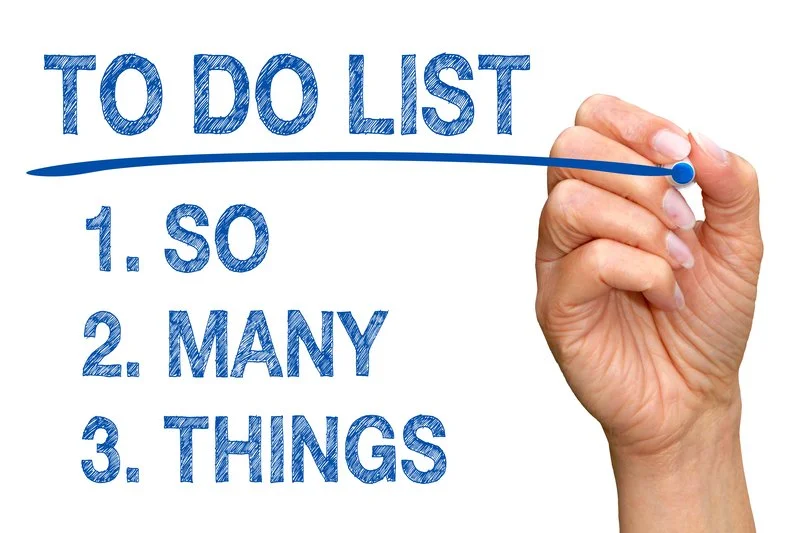



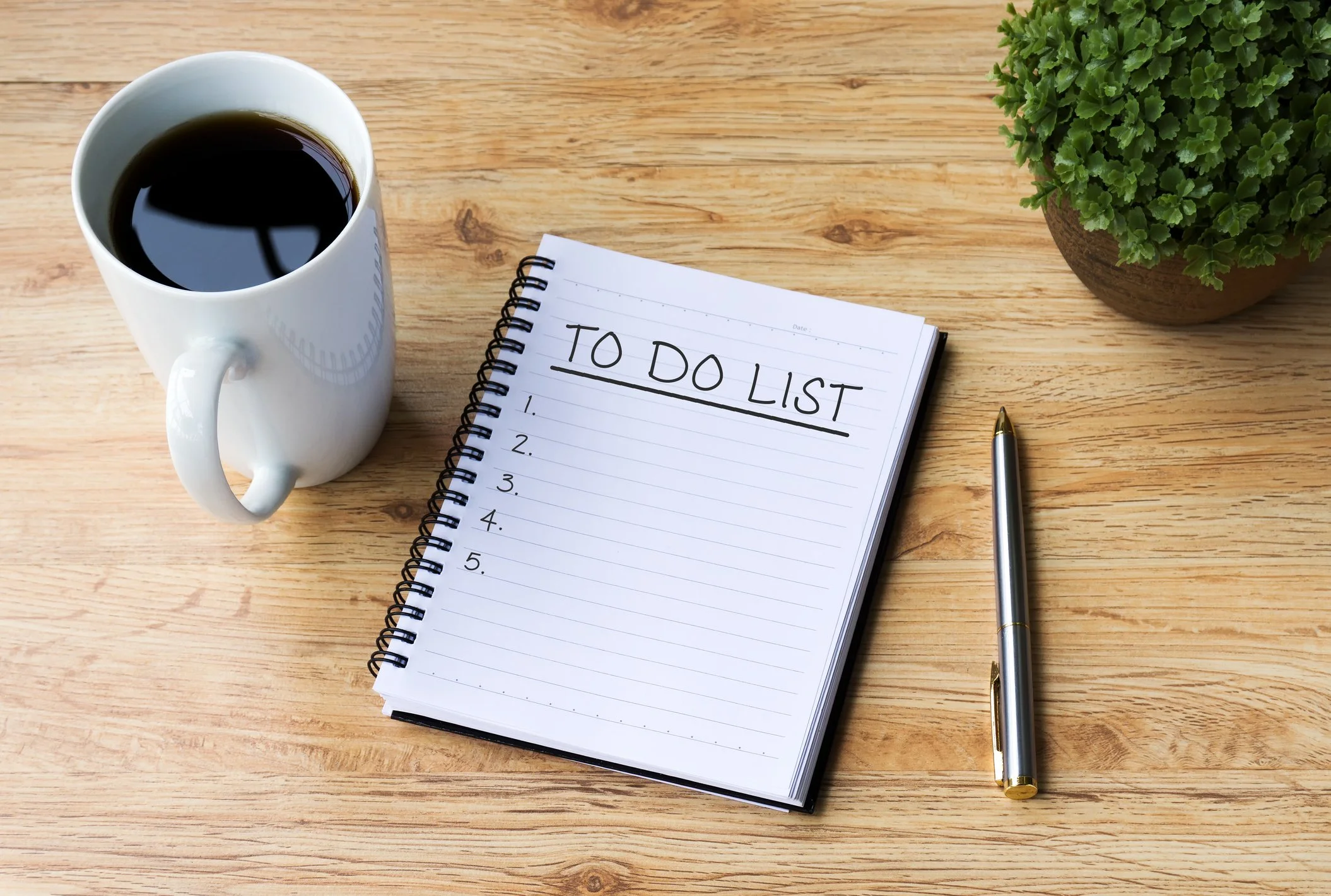


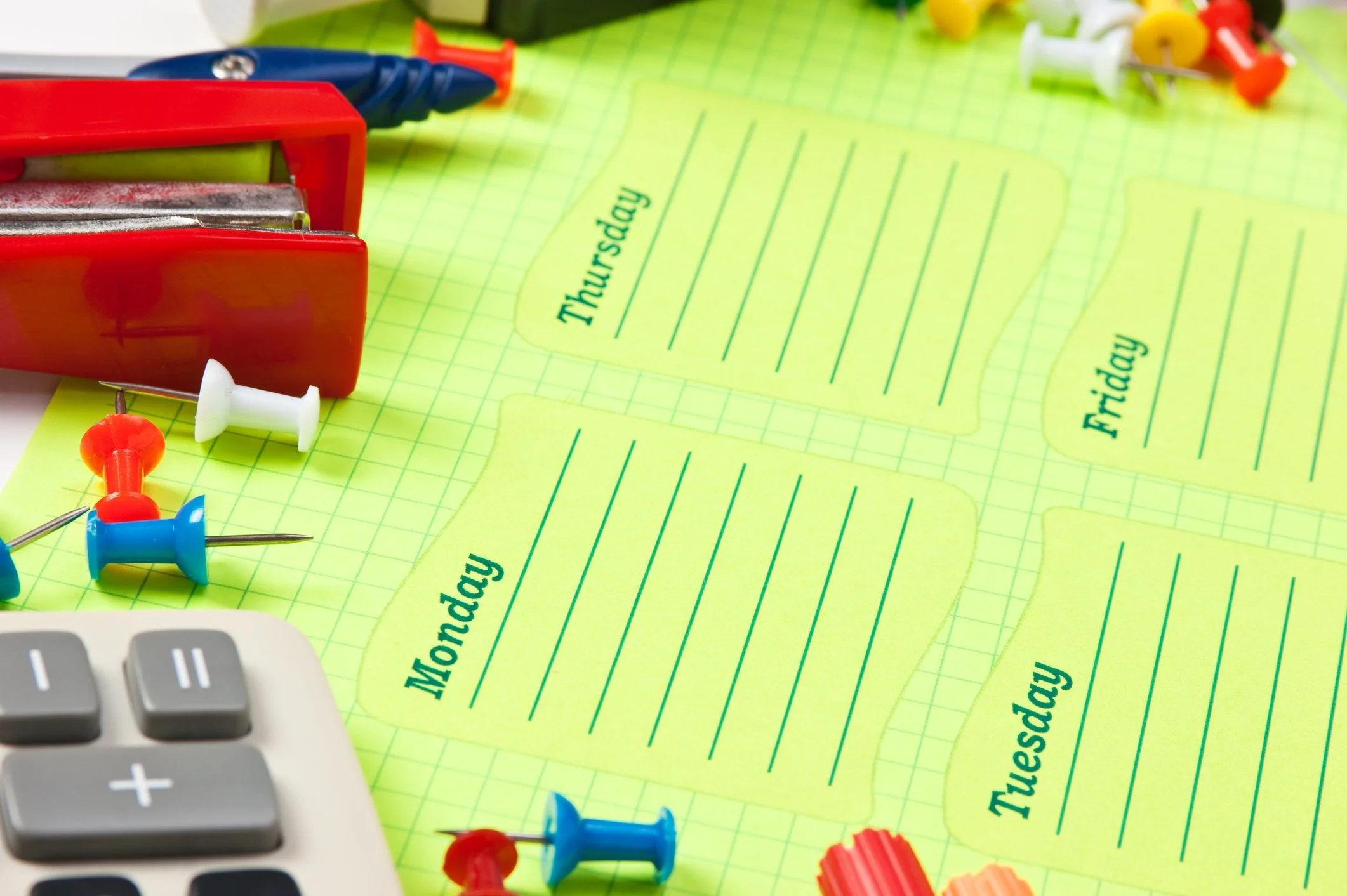


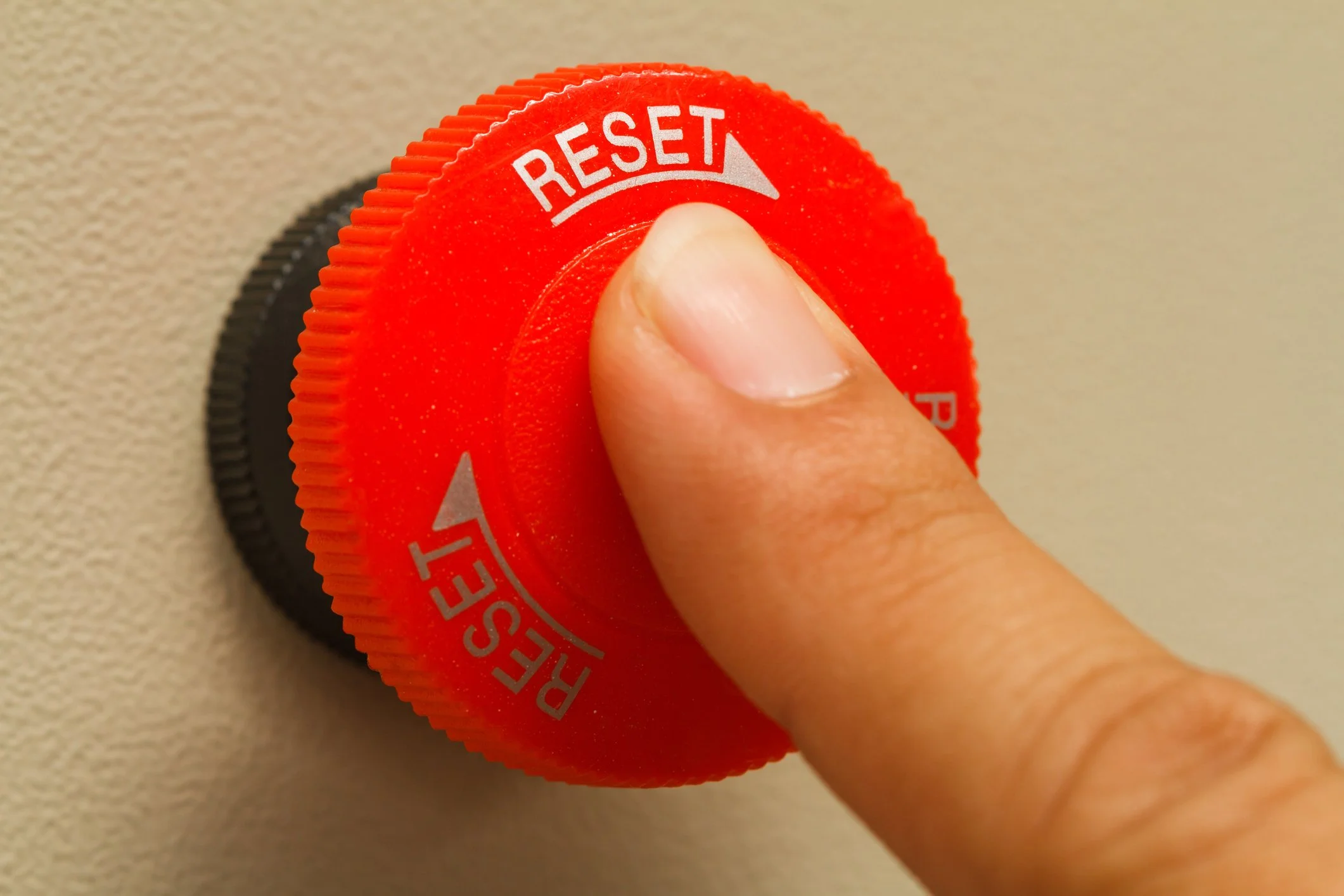

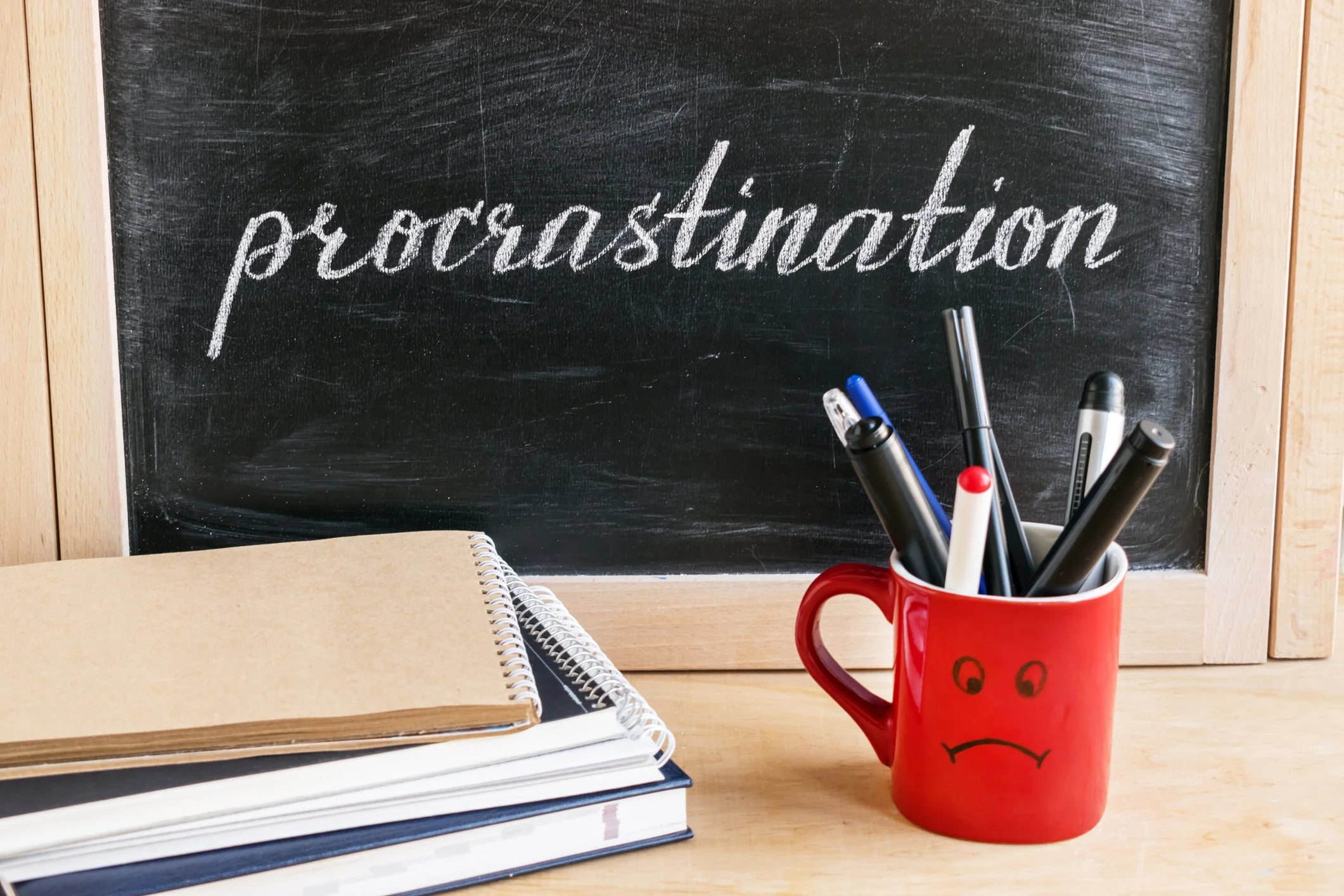

Spring is in the air. On my daily walk in Central Park this morning, it was a thrill to see the variety of Spring flowers blossoming all around….big patches of yellow daffodils and candy striped tulips on the ground below, white cherry blossoms and forsythia on the trees above. Combined with warmer temperatures, brighter sunshine and bluer skies, Spring ushers in a welcome burst of energy and the hope of new possibilities.